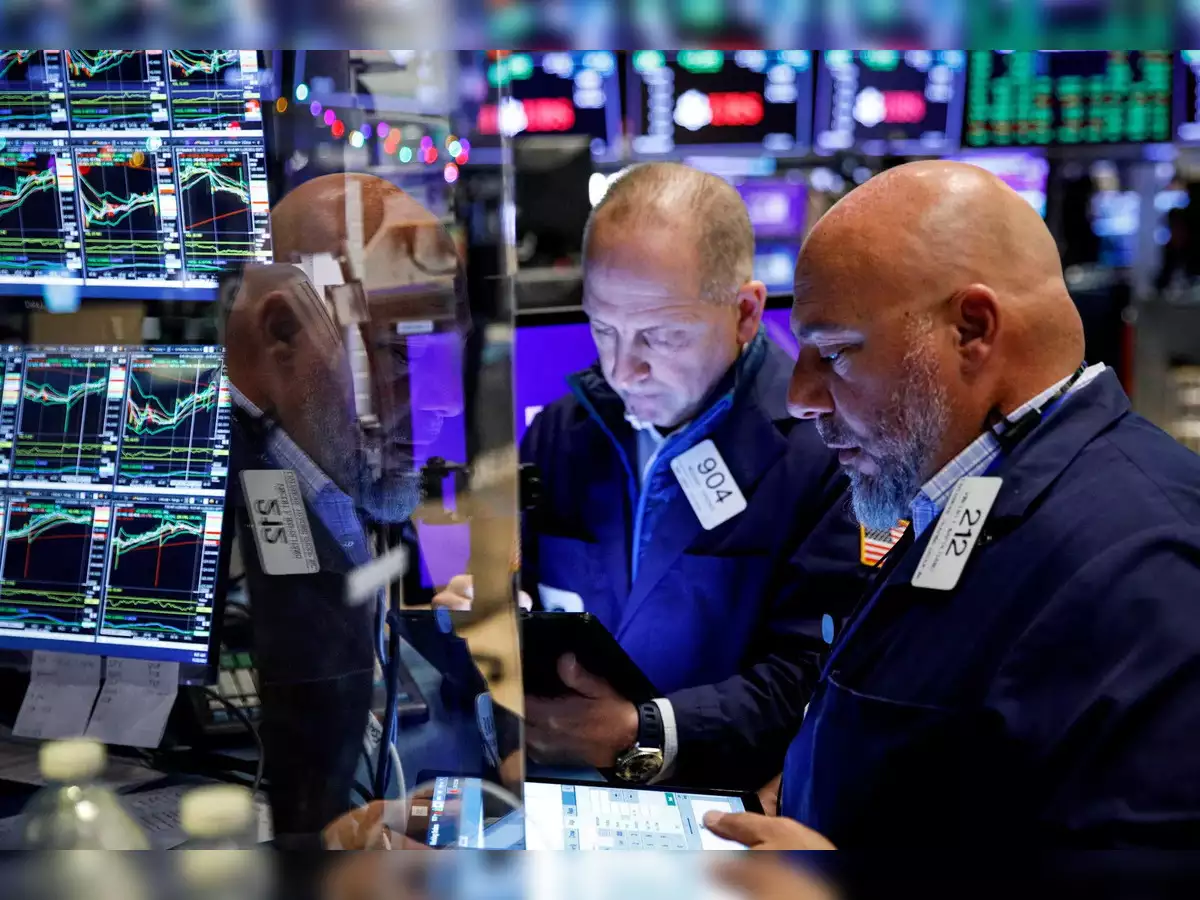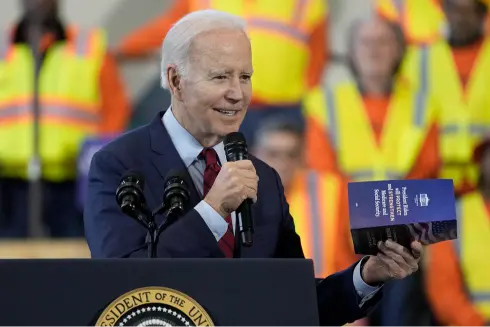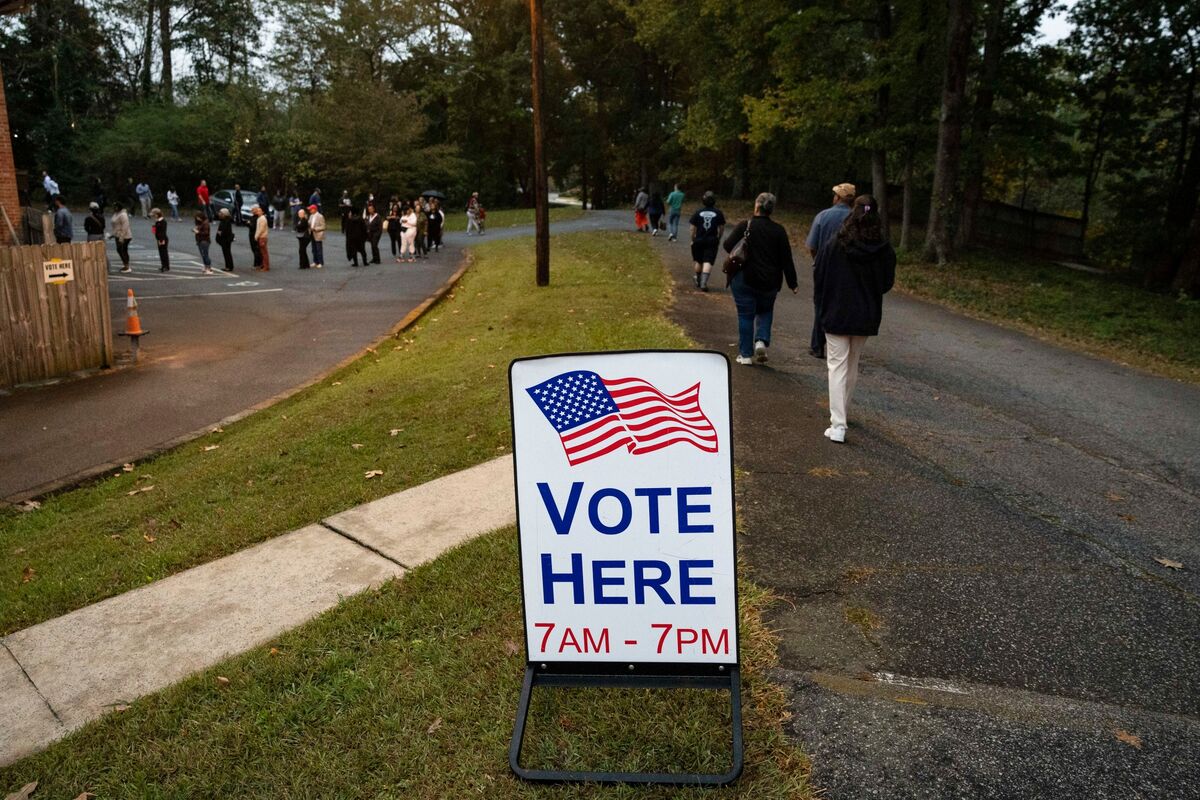

Under the leadership of President Joe Biden, the United States has witnessed a marked shift in its economic agenda. Key elements of this agenda include tax reforms, a renewed focus on infrastructure spending, and policies aimed at promoting clean energy. For businesses and investors, these changes are creating a ripple effect in the way they approach corporate taxes and investment strategies. This article takes a closer look at how Biden’s economic policies are shaping the corporate landscape, particularly in regard to corporate tax rates, business investment, and long-term economic planning.
The Push for Higher Corporate TaxesOne of the hallmark proposals of President Biden’s economic agenda has been a significant increase in corporate taxes. The administration has argued that raising corporate tax rates is essential for funding a wide range of domestic programs, including infrastructure development, healthcare reform, and clean energy initiatives. The primary changes to corporate tax policy under Biden’s agenda include:
Corporate Tax Rate Increase: Biden has proposed raising the corporate tax rate from 21% to 28%. This would return the corporate tax rate closer to where it stood before the Tax Cuts and Jobs Act of 2017, which lowered the tax rate to stimulate economic growth. The goal of the tax hike is to increase federal revenue and fund ambitious domestic programs.
Global Minimum Tax: Biden’s administration is also pushing for a global minimum tax for multinational corporations. This would curb the practice of companies shifting profits to low-tax jurisdictions, ensuring that corporations pay a fairer share of taxes regardless of where they operate.
Tax Incentives for Domestic Investment: While the administration is seeking to raise taxes in some areas, it has also proposed new incentives to encourage companies to invest in the U.S. economy. These incentives include targeted tax credits for research and development, manufacturing, and infrastructure projects, which could help offset the costs of higher taxes for certain sectors.
The proposed changes to corporate taxes have significant implications for businesses, particularly large corporations that stand to be most affected by a rate hike. Here are some of the ways in which companies are adjusting to Biden’s tax proposals:
Shift in Investment Strategy: With higher corporate taxes on the horizon, companies are rethinking their investment strategies. Many businesses may prioritize investments in areas that are eligible for tax incentives, such as clean energy and infrastructure, in order to reduce their taxable income. Businesses are also exploring ways to streamline operations, reduce costs, and improve profitability to offset the impact of higher taxes.
Increased Focus on Tax Efficiency: Corporations are likely to devote more resources to tax planning and structuring in order to manage their tax liabilities effectively. This includes exploring tax credits, deductions, and other incentives offered by the government. For example, companies engaged in research and development (R&D) or involved in manufacturing may benefit from new tax credits aimed at stimulating innovation and domestic production.
Impact on Mergers and Acquisitions: Higher corporate taxes could also have an impact on mergers and acquisitions (M&A). Companies may be more cautious in making acquisitions, especially those involving foreign entities, as tax considerations become a more central part of due diligence. The changes in corporate taxation could also influence the valuation of businesses in M&A transactions, with tax liabilities playing a more significant role in deal-making.
Another critical component of Biden’s economic agenda is a strong focus on infrastructure and clean energy investments. The administration’s American Jobs Plan and American Families Plan call for substantial investments in upgrading the nation’s infrastructure and accelerating the transition to clean energy.
Infrastructure InvestmentBiden’s infrastructure proposal allocates significant funds to modernizing the country’s transportation systems, roads, bridges, and public transit. For businesses, this opens up new opportunities for construction companies, engineering firms, and those involved in the supply chain for infrastructure projects.
Tax Incentives for Infrastructure Projects: As part of Biden’s plan, there are also targeted tax incentives aimed at encouraging private investment in infrastructure. For example, tax credits may be available for companies involved in green building projects, clean energy initiatives, and energy-efficient infrastructure.
Private Sector Collaboration: The plan also encourages public-private partnerships, allowing companies to collaborate with the government to develop new infrastructure projects. This will likely spur demand in construction, transportation, and technology sectors.
Biden’s administration is committed to reducing carbon emissions and accelerating the transition to a clean energy economy. His economic agenda includes:
Tax Incentives for Renewable Energy: The administration has proposed enhanced tax credits for companies involved in renewable energy projects, such as solar, wind, and electric vehicles. These credits are designed to make it more economically viable for businesses to transition to sustainable energy sources.
Investment in Green Technologies: Biden’s plan also calls for investment in clean technologies such as carbon capture, energy storage, and electric vehicle infrastructure. Companies that invest in these sectors stand to benefit from both federal incentives and a growing market for green technologies.
Carbon Tax: A proposed carbon tax on companies that emit greenhouse gases could encourage businesses to shift toward more sustainable practices. While this could increase operational costs for certain industries, it also creates opportunities for companies involved in clean energy solutions.
For investors, Biden’s economic agenda offers both challenges and opportunities. On the one hand, higher corporate taxes and increased regulation could dampen corporate profits in certain sectors. On the other hand, the administration’s focus on infrastructure, clean energy, and technology presents new growth opportunities.
Focus on Green Investments: Investors looking to capitalize on the clean energy transition may want to focus on companies involved in renewable energy, electric vehicles, and sustainable infrastructure. Stocks in sectors such as solar energy, battery storage, and electric vehicle manufacturing are likely to benefit from federal tax incentives and growing market demand.
Infrastructure Stocks: Companies involved in infrastructure development, construction, and transportation may see an uptick in demand due to government funding. These sectors could be especially attractive to value investors looking for stable, long-term growth.
Tax-Efficient Investment Strategies: Given the proposed changes to corporate taxes, investors should also consider tax-efficient investment strategies. This may involve targeting sectors that benefit from Biden’s tax incentives, such as green technology or infrastructure, and considering tax-deferred investment options like municipal bonds or tax-advantaged retirement accounts
Swipe. Select. Stay informed.


The Federal Reserve’s decision to hike interest rates has significant implications for investors across various asset classes. As interest rates rise, the cost of borrowing increases, which can affect everything from stock prices to real estate values and bond yields
Recent changes in corporate tax reforms have far-reaching implications for both small businesses and investors. This article explores how the new tax policies are shaping investment strategies and the future of small businesses
Wall Street is experiencing heightened volatility as global markets react to recent changes in US policies. This article explores the reasons behind the volatility, the effects on both US and international markets, and what investors should consider moving forward
US Treasury yields have surged, sparking concerns among bond market investors. This article explores how these rising yields are affecting bond prices, the broader market, and what investors should consider moving forward.



Markets React Positively as Election-Driven Optimism Grows

Investing in Future Trends for Long-Term Growth

The bank repositions its operations, scaling back in Europe, UK, and the Americas.

Cyclical stocks and economic growth trends lead the market rally.